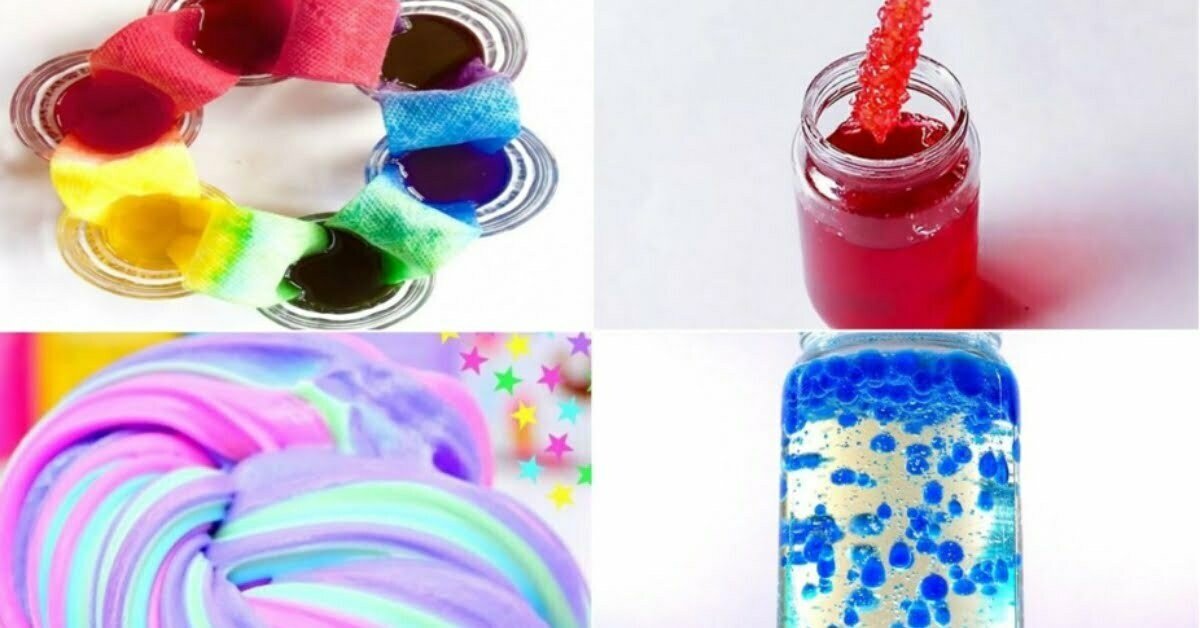Science experiments are a great way to engage children’s natural curiosity and teach them about the world around them.
Not only are they fun and interactive, but they also promote critical thinking, problem-solving, and creativity.
This article will explore ten fun and easy science experiments you can do with kids at home.Science Experiments For Kids
Read Here: Fine Motor Activities
List Of 10 Easy Science Experiment For Kids
Elephant Toothpaste
This experiment is a classic and always a crowd-pleaser. Mix hydrogen peroxide, dish soap, and food coloring in a container.
Then add yeast to the mixture and watch as it creates a chemical reaction that causes the foam to overflow like a toothpaste tube. Kids will love seeing the colorful foam shoot out of the container!
Oobleck
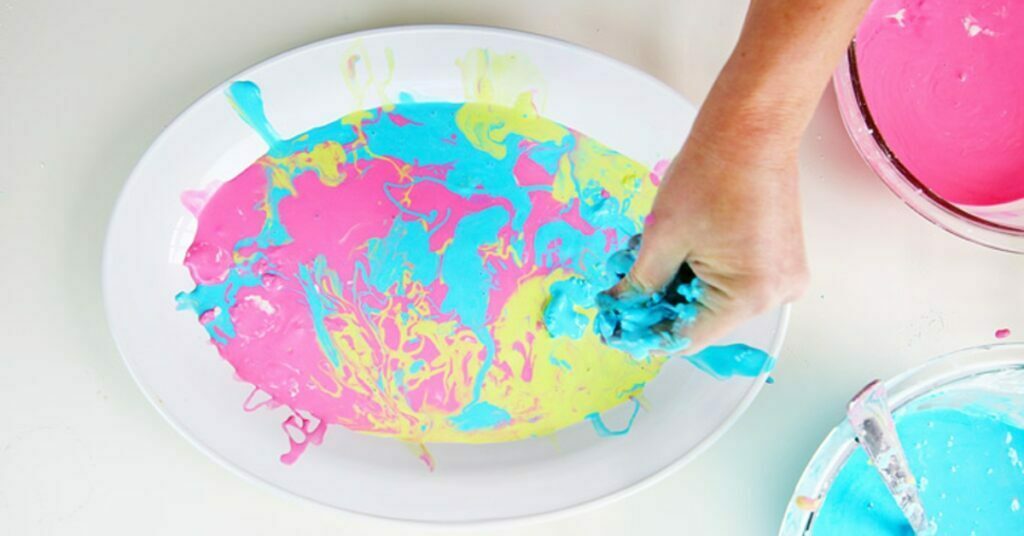
Oobleck is a non-Newtonian fluid that is both a solid and a liquid. It’s made by mixing cornstarch and water in a container.
Pressing on the oobleck behaves like a solid, but when you release the pressure, it turns back into a liquid. Kids will enjoy playing with the squishy, slimy substance and learning about its unique properties.
Read Here: Benefits of teaching your child how to play Chess
Dancing Raisins
Fill a clear glass with carbonated water and add a few raisins. The carbon dioxide in the water will attach to the raisins and cause them to rise and fall, creating a dancing effect.
Kids will enjoy watching the raisins move around in the glass and learning about the science behind the bubbles.
Baking Soda and Vinegar Volcano
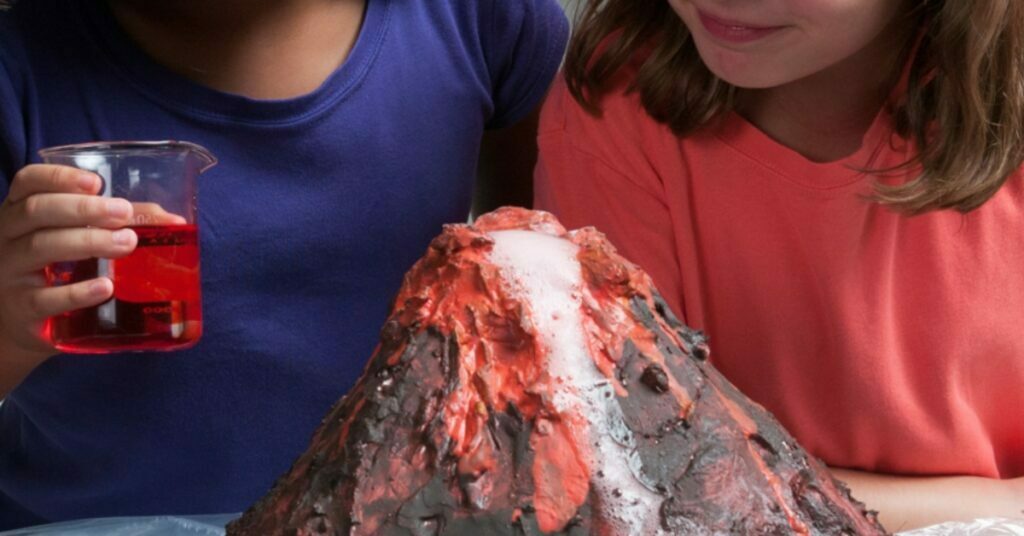
Kids will love the explosion and learn about the science behind this experiment’s reaction. This experiment is another classic that never gets old.
Mix baking soda and vinegar in a container, and watch as it creates a chemical reaction that causes the mixture to foam and bubble over the container like a volcano.
Read Here: Cooking Activities For Kids
Rainbow Density Experiment
This experiment teaches kids about density and how liquids of different densities can stack on top of each other.
Fill a container with colored liquids of varying densities, such as honey, corn syrup, water, and rubbing alcohol. Then watch as the liquids stack on top of each other, creating a rainbow effect.
Magic Milk
Mix milk, food coloring, and dish soap in a container. Then add a drop of food coloring to the center of the mixture. The dish soap will cause the colors to swirl and mix, creating a magical effect. Kids will have lots of fun during the activity.
Invisible Ink
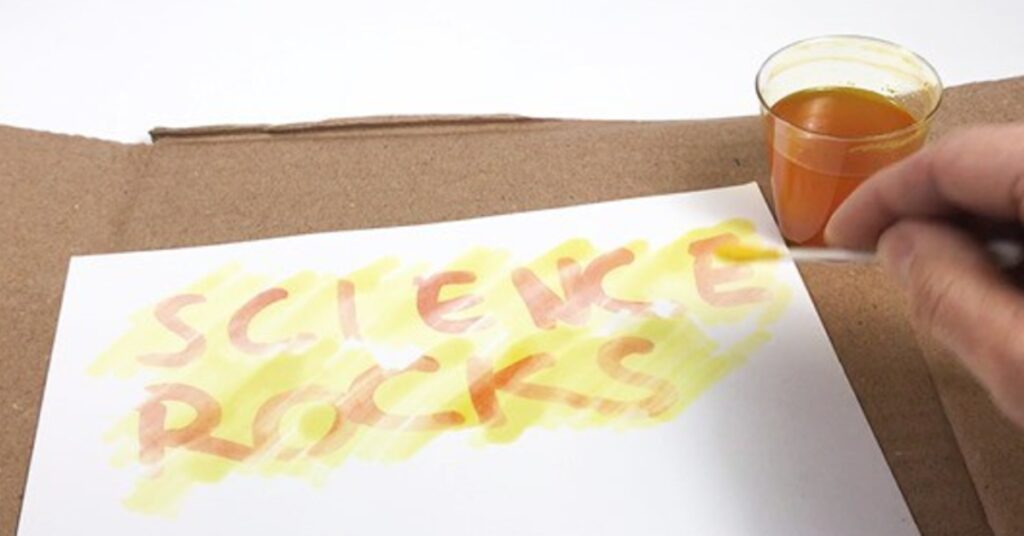
Mix lemon juice and water in a container. Then use a cotton swab to write a secret message on paper. Once the message dries, it will become invisible. To reveal the message, hold the paper up to a heat source, such as a light bulb, and watch as the message magically appears.
Edible Slime
Mix powdered sugar and cornstarch in a container. Then add water and stir until the mixture turns into a slime-like substance. Kids will enjoy playing with the slimy texture and being able to eat it as well!
Solar Oven
Create a solar oven by cutting a square hole in the top of a cardboard box and lining the inside with aluminum foil. Then place food, such as s’mores, inside the box and leave it in the sun.
The sun’s rays will reflect off the aluminum foil, creating heat and cooking the food. Kids will enjoy the process of building and using their solar ovens.
Egg Drop Challenge
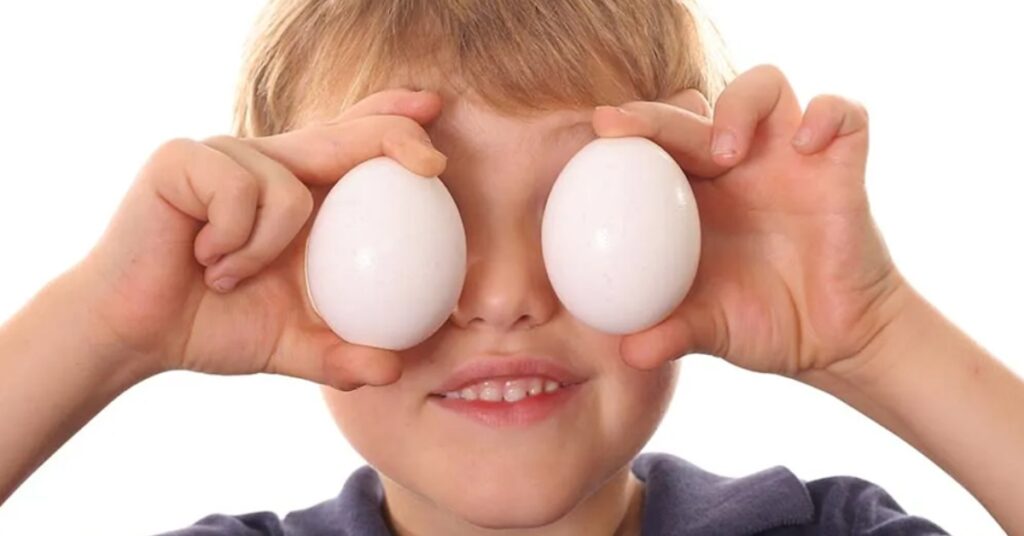
Challenge kids to create a gadget that will protect an egg from breaking when dropped from a height. Provide materials such as straws, popsicle sticks, and paper cups for them to use. Then let them test their creations by dropping them from a height like a balcony or a roof.
Safety Measures While Your Kid Is Performing Science Experiments At Home
While performing fun and easy science experiments with your kids at home can be a great way to spark their curiosity and love for learning, it is important to keep in mind that safety should always come first.
Here are some safety measures to keep in mind while your kid is performing science experiments at home:
- Adult Supervision: Always ensure an adult is present to supervise the experiment. Even if the investigation seems simple and easy, there is always a chance that something could go wrong, so it is essential to have an adult present to supervise the experiment and ensure it is done safely.
- Protective Gear: Depending on the experiment, it may be necessary to wear protective gear such as gloves, goggles, or an apron. Always read the instructions and follow the recommended safety precautions for each experiment.
- Proper Handling of Materials: Ensure your child knows how to correctly handle the materials used in the experiment. This includes understanding how to use sharp tools, mix chemicals properly, and store materials safely.
- Clear Work Area: Set up a clean and safe work area for your child to experiment. Ensure the area is clutter-free and has enough space to work comfortably.
- Proper Disposal: Make sure your child knows how to dispose of any materials used in the experiment properly. Some materials, such as hazardous chemicals or sharp objects, may need to be disposed of in a specific way.
By following these safety measures, you can help ensure that your child can perform fun and easy science experiments safely and enjoyably.
Always read the instructions and recommended safety precautions before beginning any experiment. If you have any concerns, do not hesitate to ask a professional or seek guidance from a reputable source.
15 Best Kids Science Experiments to Do at Home video
Conclusion
Science experiments are a great way to engage children’s natural curiosity and teach them about the world around them.
By conducting these fun and easy science experiments, kids can develop essential skills such as critical thinking, problem-solving, and creativity.
Not only are these experiments enjoyable and interactive, but they also promote a love of learning and an interest in science.
reference
Science Experiments For Kids

